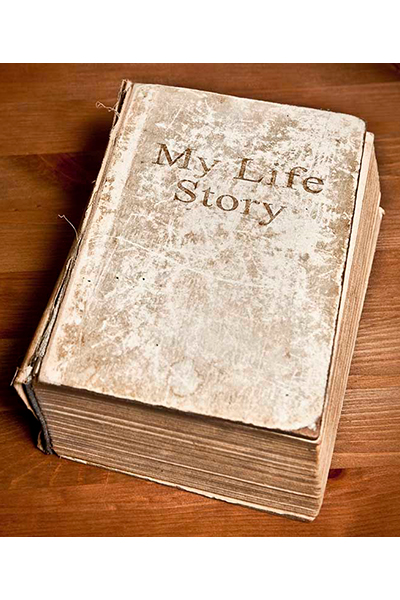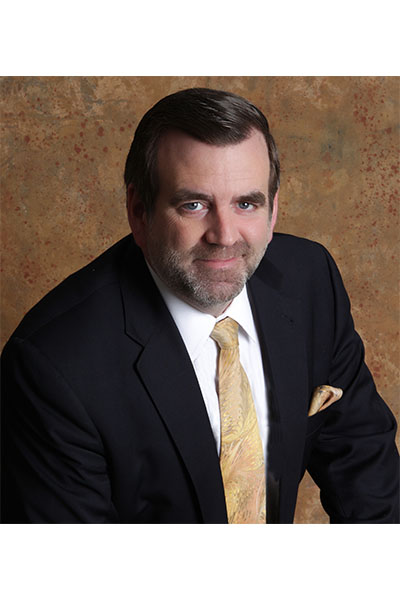“Everything’s got a moral, if only you can find it.” – Lewis Carroll
Among my favorite memories of growing up in a large Irish family were all the stories I heard. It was wonderful to sit and listen to my parents, aunts, uncles and older siblings or cousins share tales of the past.

My father and uncle bringing lunch to my great-grandfather when he was digging the trenches for the city’s sewer system. The struggles my mother’s family faced during the Great Depression, including the signs in shops that said, “No Irish Need Apply”. How a local Protestant minister made a point of coming to my Catholic grandfather’s wake. The time a family member made the local newspaper – for taking an airplane trip from Massachusetts all the way to Montana! And so many more.
The stories weren’t just told once. Many were repeated at every family gathering, often with new details that were suddenly “remembered”. Some people were amazing storytellers who could make a 10-minute subway ride to Boston sound like an exotic trip to an unknown land. Others didn’t share that same gift, but their enthusiasm for the subject had me listening to every word.
As I grow older, I look at many of my family stories as more than just history – they were life lessons as well. The tales that were told again, and again, and again (and again!), contained messages and examples of good behavior. Hidden among the laughs and the tears was wisdom and guidance.
For example:
My great-grandfather was a ditch digger – The moral of the story: all honest jobs are something to be proud to hold. Just two generations ago, my family’s ethnicity was legal grounds for discrimination – The moral of the story: social injustice is a long-term problem, but change is possible.
A Protestant minister attended a Catholic wake – The moral of the story: bridging divides happens one person, one action at a time.
An airplane trip made history – The moral of the story: celebrate the little things in life!
Growing up in this environment, it’s no surprise I’ve become a storyteller. Whether helping a client improve their quality control, or delivering a keynote speech on leadership, I use stories to convey ideas. Anecdotes that contain examples on the importance of our actions.
The other night, I was on a web call listening to a friend tell a story about me, and how we met. Everyone on the call enjoyed the tale, and we all had a good laugh. I wasn’t exactly sure what lesson I was supposed to learn.
That moment made me wonder about what other stories about me were being told. What did people remember about me? How was my history being shared? What were the lessons others learned from my life?
Most history is oral history. The important actions of famous people may be written down in a book or newspaper. These records only represent a small fraction of the lives of a small fraction of the population. For most of us, the record of our lives will be passed on as stories, from one generation to another.
We can’t control what people remember or what stories they will tell. But we can impact those memories by the stories we create with our actions. We compose tales by the way we treat others in our personal and professional lives. We share lessons through our accomplishments and our failures.
Tomorrow we start the first draft of the next chapter of our history by what we decide to do.
What will be your story? And what will be the moral of the story?

Mark M. Fallon is president and CEO of The Berkshire Company, a consulting firm specializing in mail and document processing strategies. The company develops customized solutions integrating proven management concepts with emerging technologies to achieve total process management. He offers a vision of the document that integrates technology, data quality, process integrity, and electronic delivery. His successes are based upon using leadership to implement innovative solutions in the document process. You can contact Mark at mmf@berkshire-company.com.
